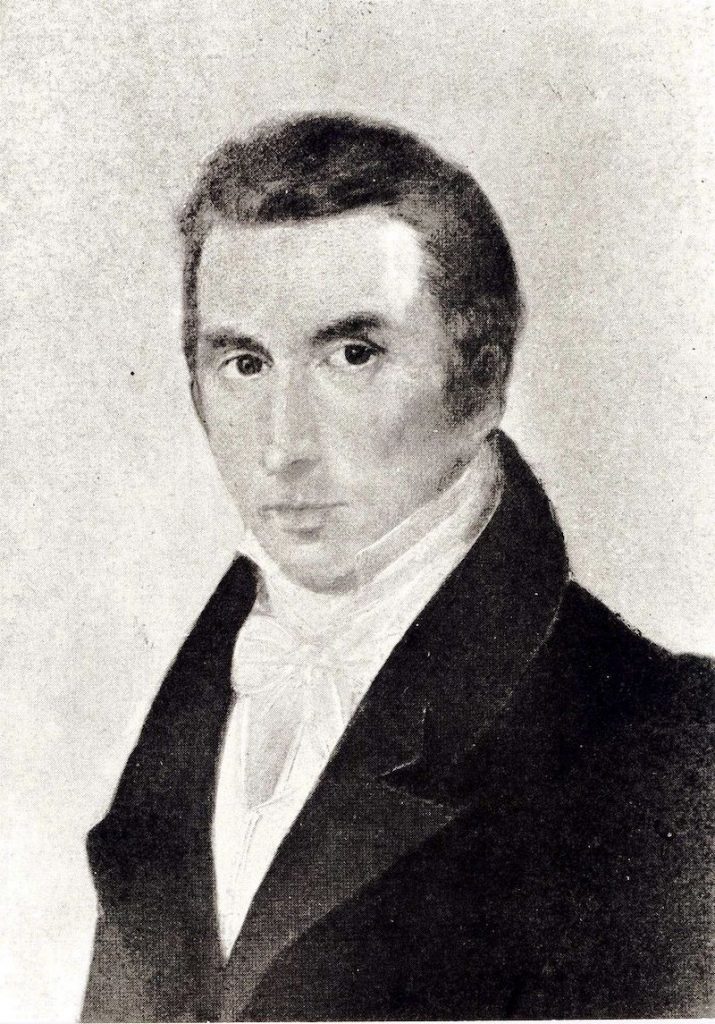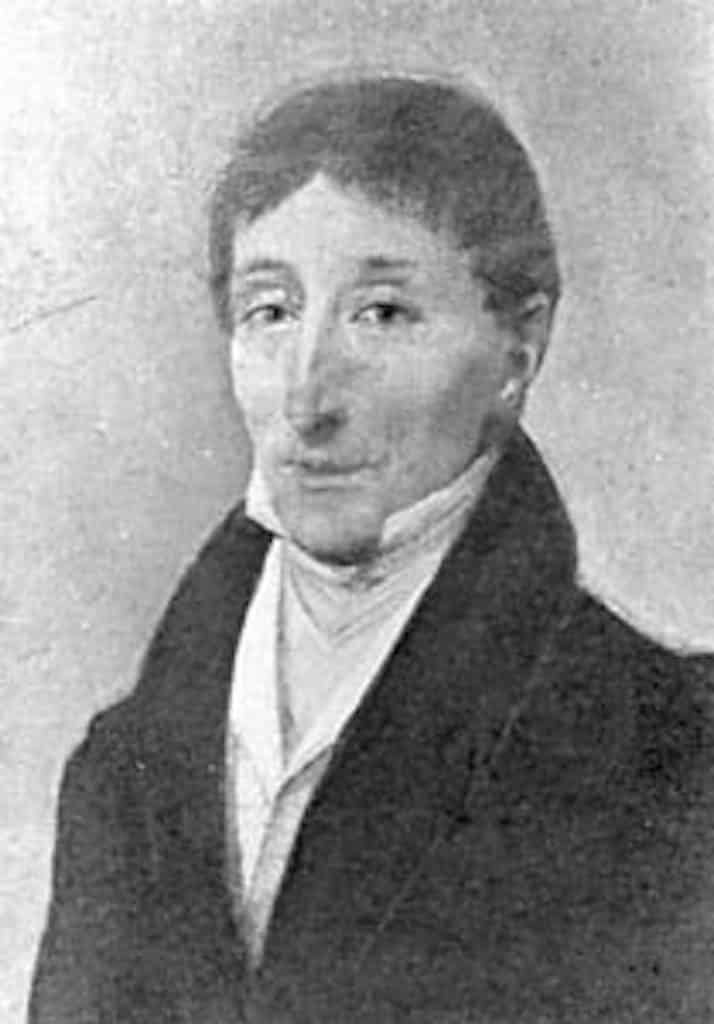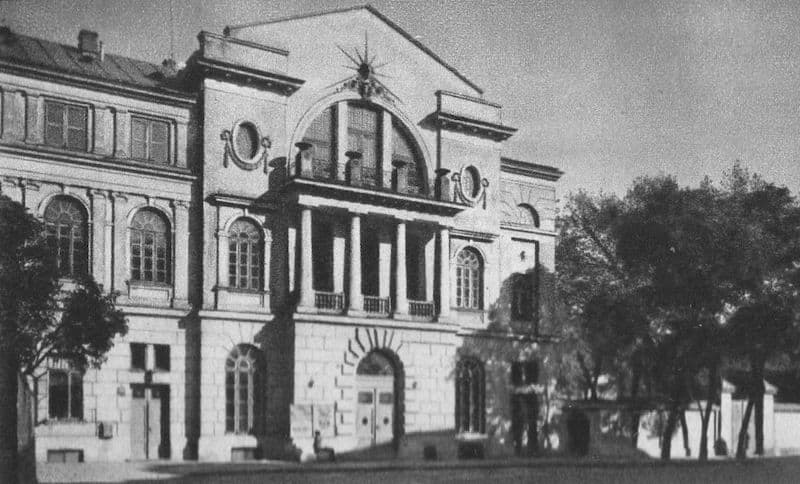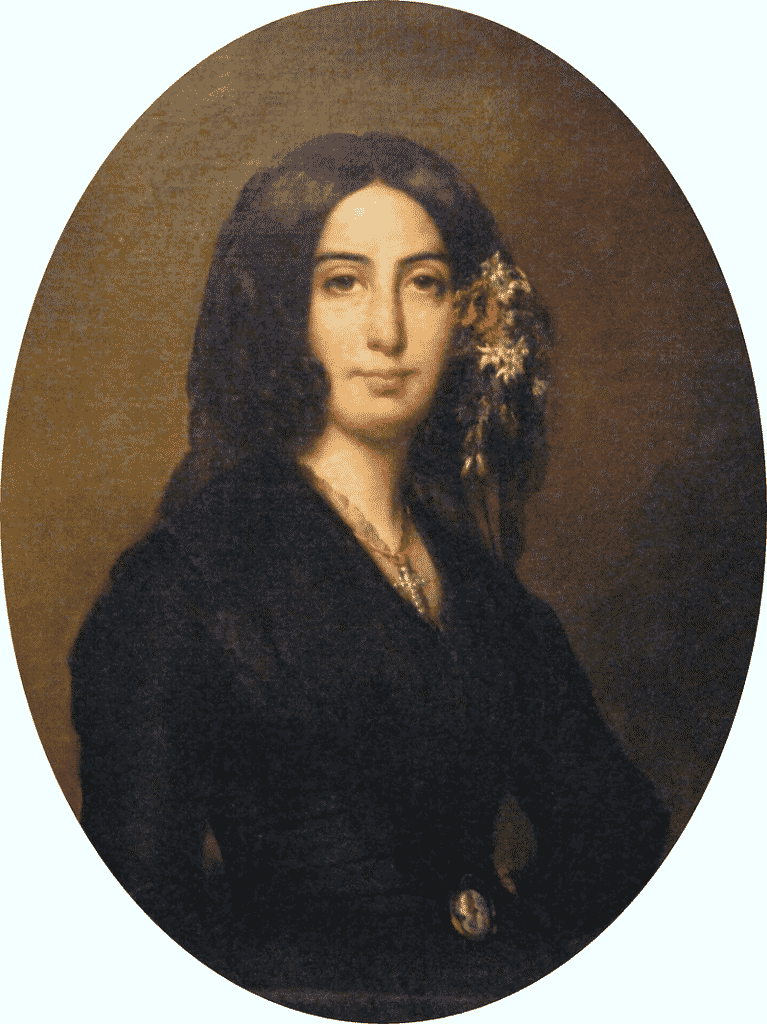Frederic Chopin was a well-revered Polish and French composer. He lived during the Romantic period and left behind a legacy dominated by piano solos and poetic tones.
In this post, we’re going to take a look at some of the life, works, and most interesting facts about Chopin – one of the greatest Polish composers of all time.
1. His Father Was a Teacher

Chopin’s father emigrated to Poland from France and worked as a private tutor.
His father initially taught high-society families and later went on to teach French at the Warsaw Lyceum before Chopin reached his first birthday.
Chopin’s father’s name was Nicolas (Mikołaj in Polish), who eventually married someone from one of the families he first tutored.
From 1823 to 1826, Chopin was a student at the Lyceum where his father taught.
2. He Came From a Family of Artists

Reportedly, Chopin’s family was full of artists and members who had artistic bents.
His mother and oldest sister both played the piano, which Chopin listened to and was stirred by as a young child.
At age six, Chopin began trying to replicate what he heard his sister and mother play and by age seven, Chopin began taking piano lessons from Wojciech Zynwy.
His first instructor was known for being a musician with broad tastes and knowledge and a keen sense of values.
Although Zynwy had a simple style of playing, Chopin was able to develop an original sound.
3. Chopin Was a Child Prodigy
As a composer, Chopin started composing young writing and publishing his first piece at the age of seven.
By the time he was eight, Chopin had performed in public for the first time at a charity event.
Before his public debut, he had played at private parties by invitation.
A few years after his initial public appearance, Chopin played for Alexander I, the Russian tsar.
His work was also noticed by the Russian grand duke, Constantine.
The composition Chopin wrote at age seven, Polonaise in G Minor, was adapted for Constantine’s military band to play in a parade.
4. He Studied at the Warsaw Conservatory of Music

Chopin enrolled at the Warsaw Conservatory of Music at the age of 16 where he studied under Joseph Elsner, another Polish composer.
Prior to attending the school, Chopin had already learned musical theory from Elsner.
While Elsner was known for a traditional training style, he realized that Chopin needed freedom to explore.
During his studies at the conservatory, Chopin was given room to develop his own sense of style.
5. Chopin Had a Relationship With a Novelist

The composer’s romantic life was somewhat turbulent, as his relationships tended to last a year or less.
He started seeing the French author known as George Sand in 1838 although her real name was Amantine Lucile Aurore Dupin.
Before the spring of 1839, Chopin and Dupin spent time together on the Spanish island of Majorca but in March of that year, Chopin came down with tuberculosis.
Chopin and Dupin then went to Marseille outside Paris to recover.
During this time, the composer wrote some of his most famous pieces, including Sonata in B Minor.
6. Chopin Was Influenced by Classical Composers
Even though Chopin developed a unique style, he was influenced by other classical composers.
Bach, Beethoven, and Mozart were listed among his top inspirations.
During his early years, Chopin actually kept one of Bach’s compositions with him.
He also prodded his piano students to study Bach’s music.
Chopin relied on the Italian composer Muzio Clementi’s piano techniques when he taught his students.
Hummel and Hayden were also among his list of musical influences.
7. The Composer Focused on Short-Form Music
Unlike his fellow musicians, Chopin’s pieces were nearly all written for the piano and focused on producing short-form pieces rather than longer compositions.
Chopin did not write any symphonies and the sonatas he ended up writing were just a handful in number.
The pieces Chopin did write could be played in less than 10 minutes and for the most part, they could be played within three to five minutes.
His peers typically wrote much longer music.
8. He Died in Paris
Chopin’s last days were spent in Paris where he died on October 17, 1849, and the young age of only 39 years old and it’s thought he died from tuberculosis.
While his body was buried in a local cemetery, his family had his heart interred in Warsaw which he had requested prior to his death.
By the time he died, Chopin’s relationship with the novelist George Sand was over.
His final public appearance as a musician was on November 16, 1848, in the British Isles.
9. Chopin Wanted His Work Destroyed
Before his death, Chopin expressed the wish to destroy his unpublished musical works, and thankfully, after he died, his mother and sister did not abide by that wish and neither did Chopin’s publisher.
They decided to move forward with publishing the compositions that had not yet come to light.
Today many of the waltzes, polonaises, and nocturnes attributed to Chopin were published after his death.
It is not known why the composer wished to have his unpublished work destroyed.
However, novelist George Sand was said to have accused him of what would now be known as hypochondria.
10. He May Have Had Undiagnosed Epilepsy
After Sand’s daughter left home to marry, Chopin was said to have turned increasingly moody, and as a result, his relationship with Sand began to suffer.
Some have speculated that Chopin’s behaviors and moods had less to do with his relationship than they had to do with a physical condition.
Chopin is thought to have had epilepsy, a condition that can cause seizures, fainting, dizziness, and fatigue.
The condition can also lead to anxiety and depression, as well as staring spells.
These spells can indicate a type of seizure that does not include visible shaking or jerking.
Summing up Chopin’s Life
As a composer and musical artist, Chopin certainly left his mark on the world.
His works and teachings went on to influence students and modern artists alike.
He was also known for his creative use of the keyboard and pedals while playing the piano.
